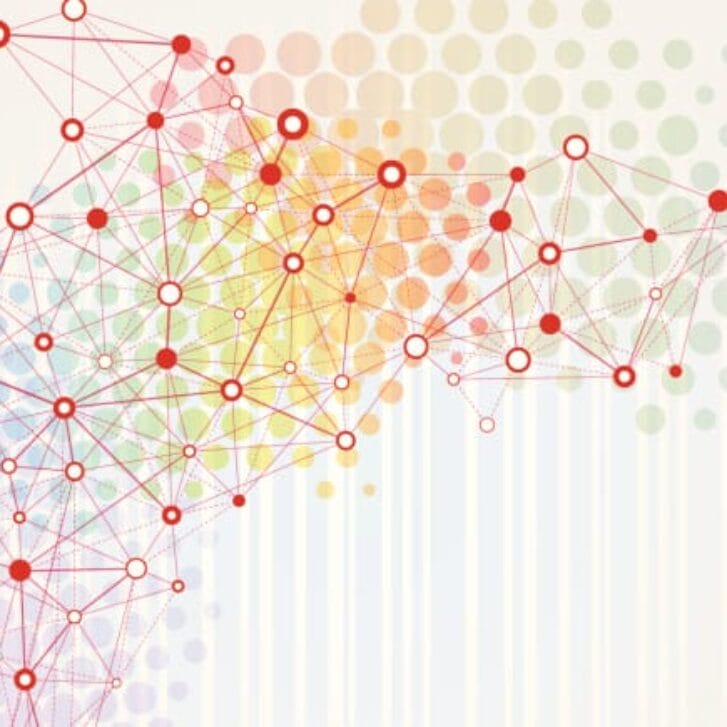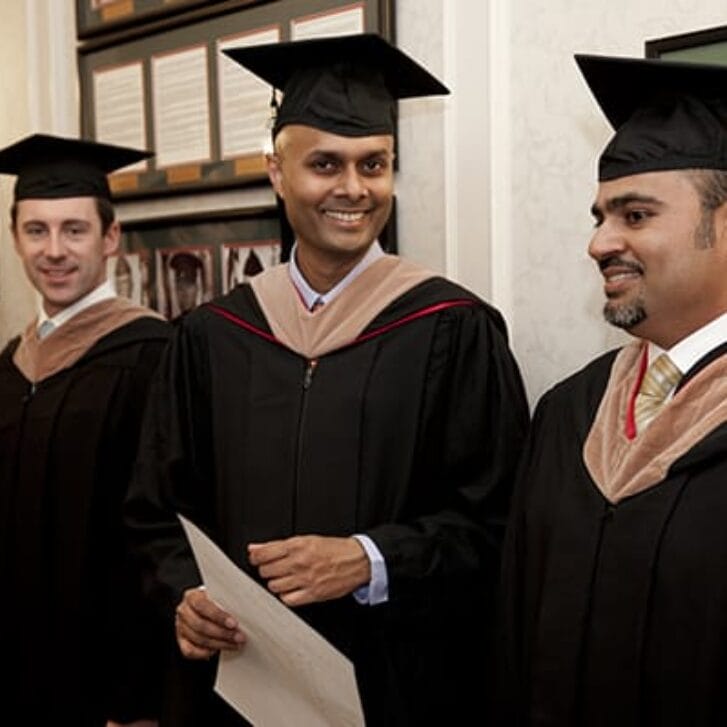Over a recent weekend, WEMBA students at Wharton | San Francisco engaged in several interesting case-inspired discussions in our social impact class taught by Nien-Hê Hsieh, Wharton’s associate professor of legal studies and business ethics.
We kicked off the weekend with a case on the Norwegian Sovereign Fund divesting itself of Walmart a few years ago. We spoke about what the company could have done and the fund could have done to create different outcomes. This led to an engaging conversation around socially responsible investing and the spectrum between silent responsible investing versus active shareholder advocacy. We followed this up with COSCO and sustainability reporting in a Chinese State Owned Enterprise setting. Along with the Merck river blindness case, these provided a good juxtaposition to explore “do no harm” as an approach towards corporate social responsibility versus “do good” as an approach.
We moved on from this discussion to the next logical extension—doing business while doing good. In this context, we discussed One World Health and their business model, as well as Unilever and their Project Shakti campaign in India.
In the closing hour of the lecture portion of the course, we moved on from these specific cases to the more abstract notion of where to act given all these different ways in which an individual or company could have social impact.
In this context, some of the earlier work by Prof. Hsieh on a Rawlsian approach to business organizations provides interesting background. With his work on John Rawls’ views on justice, Prof. Hsieh discusses whether multinational corporations have a responsibility to provide aid to employees in developing nations over and beyond what the market might prescribe. Should they be held up to the same human rights standards as nation states? Is there a “natural duty” to support and further just institutions?
What I found interesting here was how we are able to go ahead with our business as usual in our daily lives by elevating the “social good doer” as a role model,” or a “social enterprise” or a “CSR activity” for that matter. Putting Mahatma Gandhi or Dr. Martin Luther King Jr. on a pedestal makes it easier to say how difficult it is for an ordinary human being to stand up for what he or she thinks is right. Classifying the Norwegian Fund, REDF or other socially responsible investing initiatives as “outside the norm” exonerates our businesses from attempting to conduct themselves better.
As Prof. Hsieh pointed out in our class, the social impact of a large fraction of companies making small changes to their business practices would overwhelm any changes brought by bold moves made by a much smaller chunk of impact investing dollars.


























